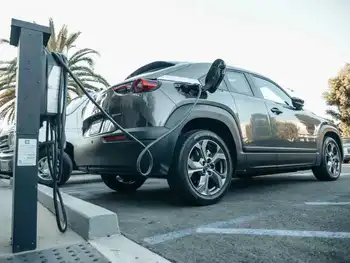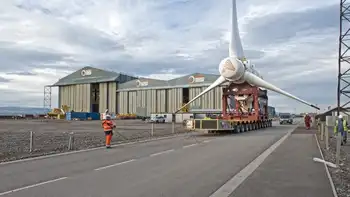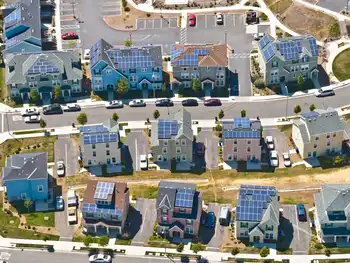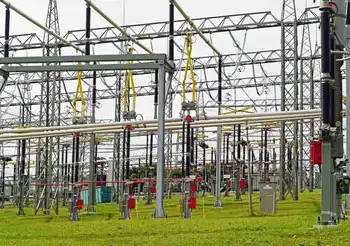British Columbia Halts Further Expansion of Self-Driving Vehicles

High Voltage Maintenance Training Online
Our customized live online or in‑person group training can be delivered to your staff at your location.

- Live Online
- 12 hours Instructor-led
- Group Training Available
BC Autonomous Vehicle Ban freezes new driverless testing and deployment as BC develops a regulatory framework, prioritizing safety, liability clarity, and road sharing with pedestrians and cyclists while existing pilot projects continue.
Key Points
A moratorium pausing new driverless testing until a safety-first regulatory framework and clear liability rules exist.
✅ Freezes new AV testing and deployment provincewide
✅ Current pilot shuttles continue under existing approvals
✅ Focus on safety, liability, and road-user integration
British Columbia has halted the expansion of fully autonomous vehicles on its roads. The province has announced it will not approve any new applications for testing or deployment of vehicles that operate without a human driver until it develops a new regulatory framework, even as it expands EV charging across the province.
Safety Concerns and Public Questions
The decision follows concerns about the safety of self-driving vehicles and questions about who would be liable in the event of an accident. The BC government emphasizes the need for robust regulations to ensure that self-driving cars and trucks can safely share the road with traditional vehicles, pedestrians, and cyclists, and to plan for infrastructure and power supply challenges associated with electrified fleets.
"We want to make sure that British Columbians are safe on our roads, and that means putting the proper safety guidelines in place," said Rob Fleming, Minister of Transportation and Infrastructure. "As technology evolves, we're committed to developing a comprehensive framework to address the issues surrounding self-driving technology."
What Does the Ban Mean?
The ban does not affect current pilot projects involving self-driving vehicles that already operate in BC, such as limited shuttle services and segments of the province's Electric Highway that support charging and operations.
Industry Reaction
The response from industry players working on autonomous vehicle technology has been mixed, amid warnings of a potential EV demand bottleneck as adoption ramps up. While some acknowledge the need for clear regulations, others express concern that the ban could stifle innovation in the province.
"We understand the government's desire to ensure safety, but a blanket ban risks putting British Columbia behind in the development of this important technology," says a spokesperson for a self-driving vehicle start-up.
Debate Over Self-Driving Technology
The BC ban highlights a larger debate about the future of autonomous vehicles. While proponents point to potential benefits such as improved safety, reduced traffic congestion, and increased accessibility, and national policies like Canada's EV goals aim to accelerate adoption, critics raise concerns about liability, potential job losses in the transportation sector, and the ability of self-driving technology to handle complex driving situations.
BC Not Alone
British Columbia is not the only jurisdiction grappling with the regulation of self-driving vehicles. Several other provinces and states in both Canada and the U.S. are also working to develop clear legal and regulatory frameworks for this rapidly evolving technology, even as studies suggest B.C. may need to double its power output to fully electrify road transport.
The Road Ahead
The path forward for fully autonomous vehicles in BC depends on the government's ability to create a regulatory framework that balances safety considerations with fostering innovation, and align with clean-fuel investments like the province's hydrogen project to support zero-emission mobility. When and how that framework will materialize remains unclear, leaving the future of self-driving cars in the province temporarily uncertain.











